3. College of Civil Engineering and Architecture |
The College of Civil Engineering and Architecture (CCEA) was founded in 1985 as one of the earliest established disciplines in Quzhou University. Guided by the development of the construction industry in Zhejiang Province and the surrounding area and with the cultivation of application-oriented talents as the main line, CCEA has continuously deepened its teaching reform and vigorously promoted scientific research. Currently, there are 3 undergraduate majors in Civil Engineering, Construction Management and Architecture. Totally, it holds about 1000 students. Over the past 30 years and more, CCEA has sent more than 5,000 civil engineering application-oriented talents to different regions of the province, enjoying a good social reputation. In the past five years, the employment rate has been stable at over 97% and 80 undergraduate students have been admitted to graduate schools, including 11 to “211 Project” key universities. CCEA emphasizes cooperation with other institutions. It set up Joint Center for Ancient Engineering Protection and Prevention and Control of Geological Hazards with Key Laboratory of Shale Gas and Geoengineering at the Chinese Academy of Sciences, and carried out Shanhai Collaboration Project with the City College of Zhejiang University. By cooperating with Quzhou Municipal Bureau of Housing and Construction, Zhejiang Construction Engineering Group and a number of enterprises and institutions, CCEA successfully established its IUR Cooperation Center. CCEA’s Joint Education Model of University-Enterprise Cooperation has achieved remarkable results. CCEA has a strong teaching faculty with high academic standards, strong scientific capabilities and rich experience. There are 43 full-time teachers and 4 full-time experimentalists, which includes 5 professors, 15 associate professors (senior engineers), 1 senior experimentalist, 9 doctoral teachers, 29 masters, 2 doctoral candidates and 6 teachers with overseas study experience. CCEA has 1 recipient of the 3rd tier of “151 Talents Project” of Zhejiang Province, 1 recipient of the Development Program of Academic Leaders for Universities and Colleges of Zhejiang Province, and 2 recipients of the second and third tier of “115 Talents Project” of Quzhou respectively. CCEA has 12 registered engineers in various industries, including national first-class registered structural engineers, registered geotechnical engineers and first-class registered construction engineers. 12 external professors and senior engineers are also members of the CCEA teaching faculty.
Undergraduate Programs: 1. Civil Engineering Major Courses: Civil Engineering Drawing, Theoretical Mechanics, Material Mechanics, Structural Mechanics, Soil Mechanics, Civil Engineering Materials, Introduction to Civil Engineering, Engineering Surveying, Basic Engineering, Basic Principles of Concrete Structures, Basic Principles of Steel Structures, Engineering Project Management, Construction Technology, Bridge Engineering, Subgrade and Pavement Engineering.
2. Engineering Management Major Courses: Management Science, Principles of Economics, Engineering Mechanics, Engineering Structure, Operations Research, Engineering Economics, Introduction to Project Management, Construction Contract Management, Engineering Cost Management, Civil Engineering Material, Civil Engineering Drawing, Principles of Building Construction, Engineering Graphics Identification, Principle of BIM, Construction Technology of Civil Engineering, Construction Project Management, Construction Project Measurement and Valuation.
3. Architecture Major Courses: Introduction to Architectural Design, Architectural Design Course, Site Design, Graduation Project, Introduction to Architecture, Principles of Architectural Design, History of Chinese Architecture, History of Foreign Architecture, Principles of Public Building Design, Principles of Residential Building Design, Building Construction, Building Mechanics, Building Structure, Building Physics, Ancient Building Surveying and Mapping Technology, Architectural Drawing, Architectural Art, Architectural Model Making, Fundamentals of Computer Aided Design, Digital Assistant Design. 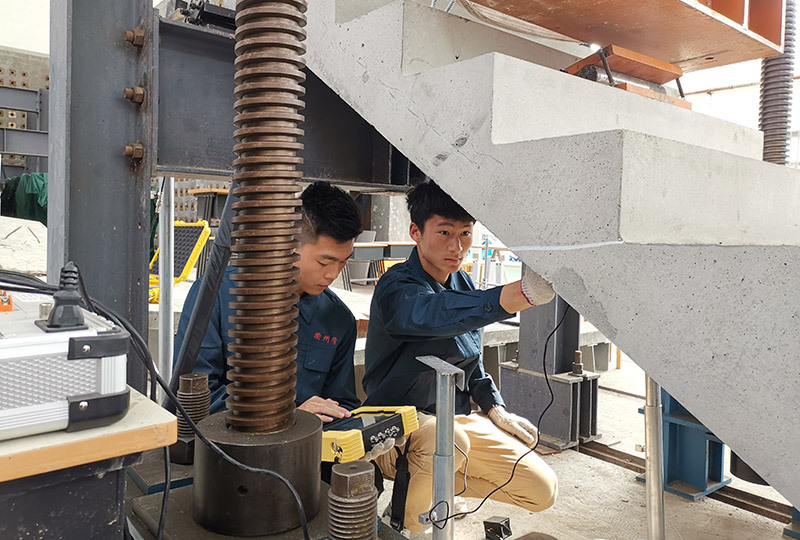  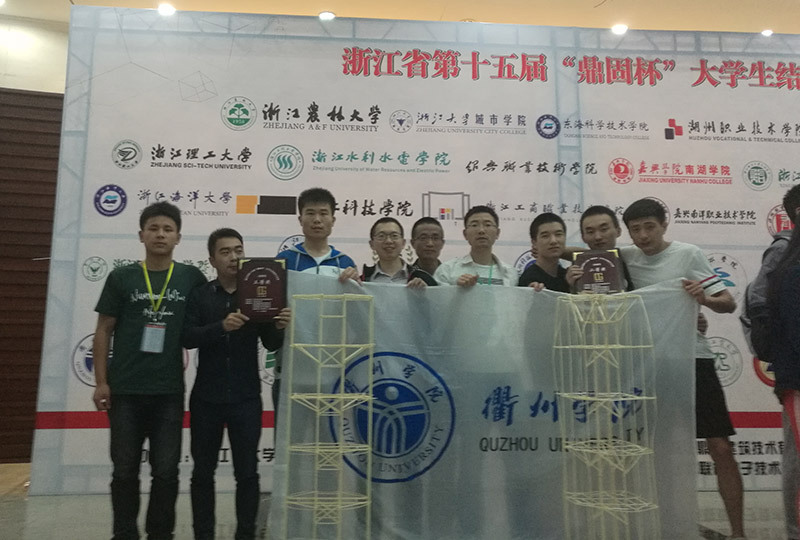  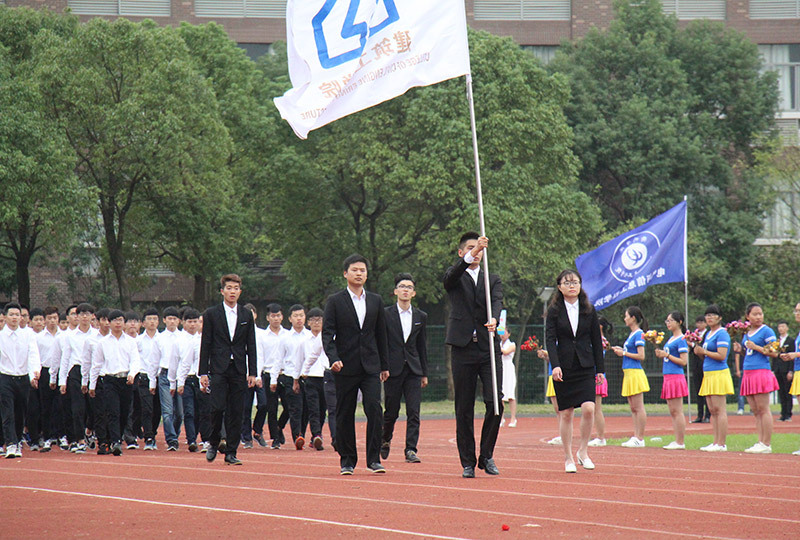 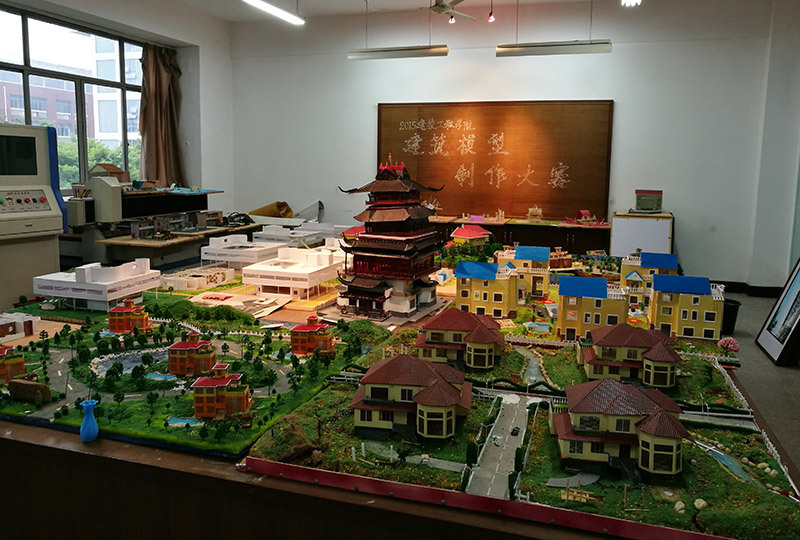 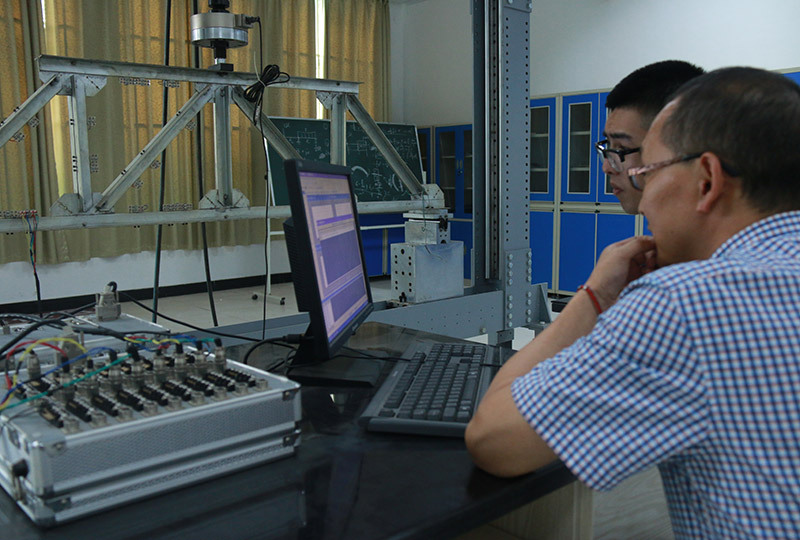 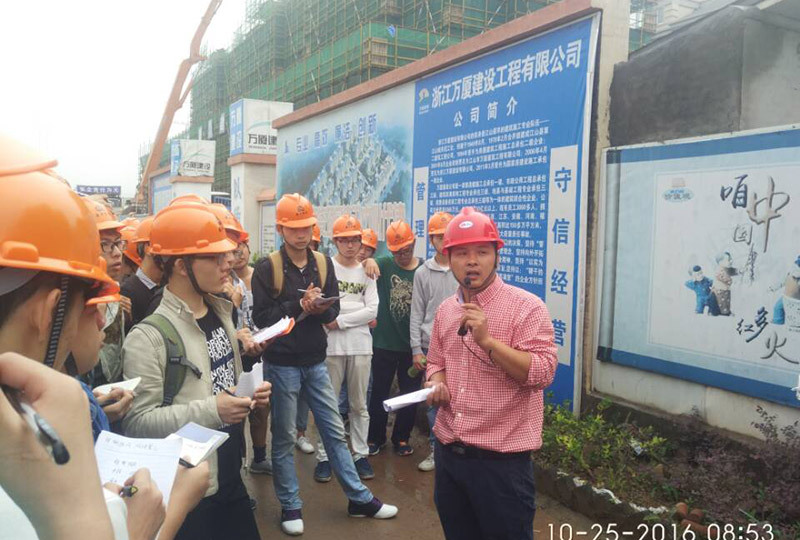 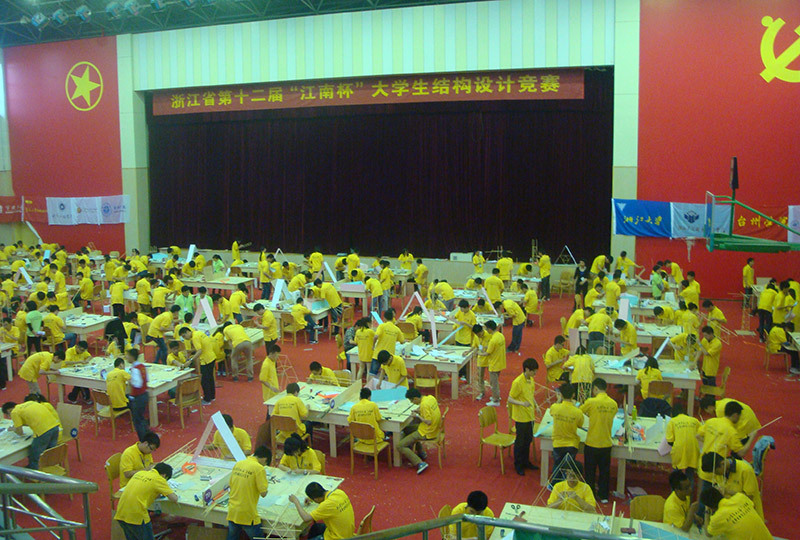 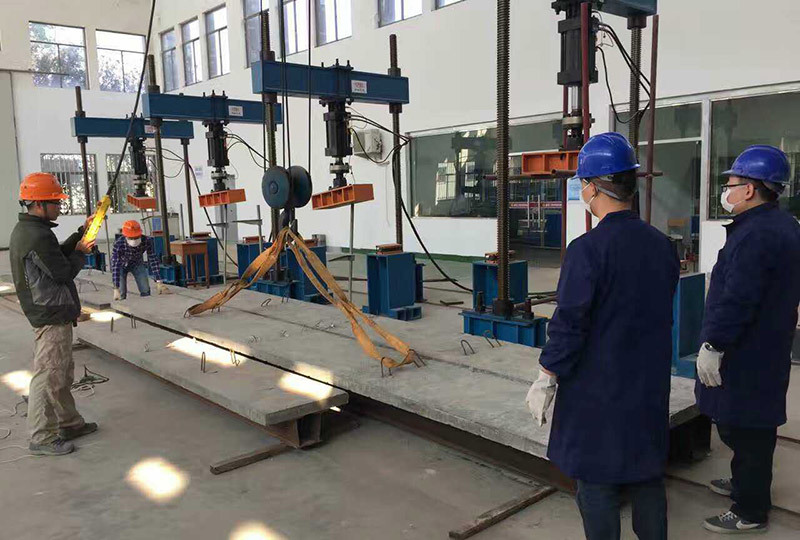 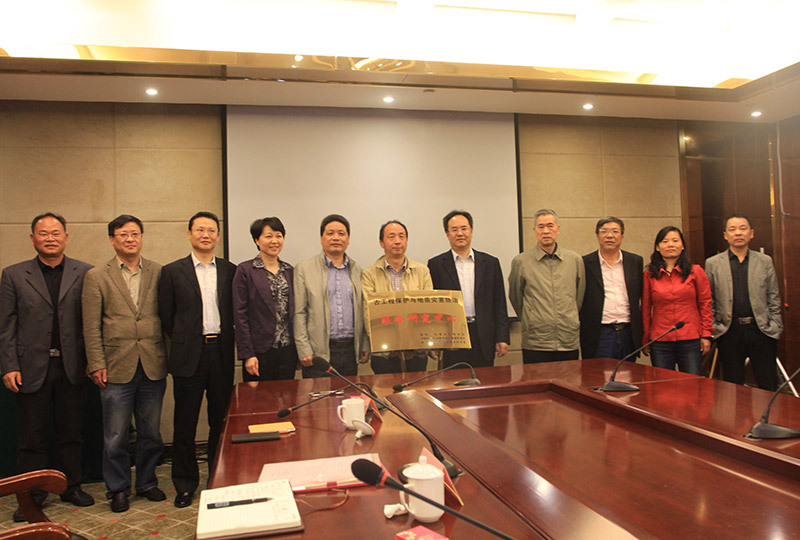 |